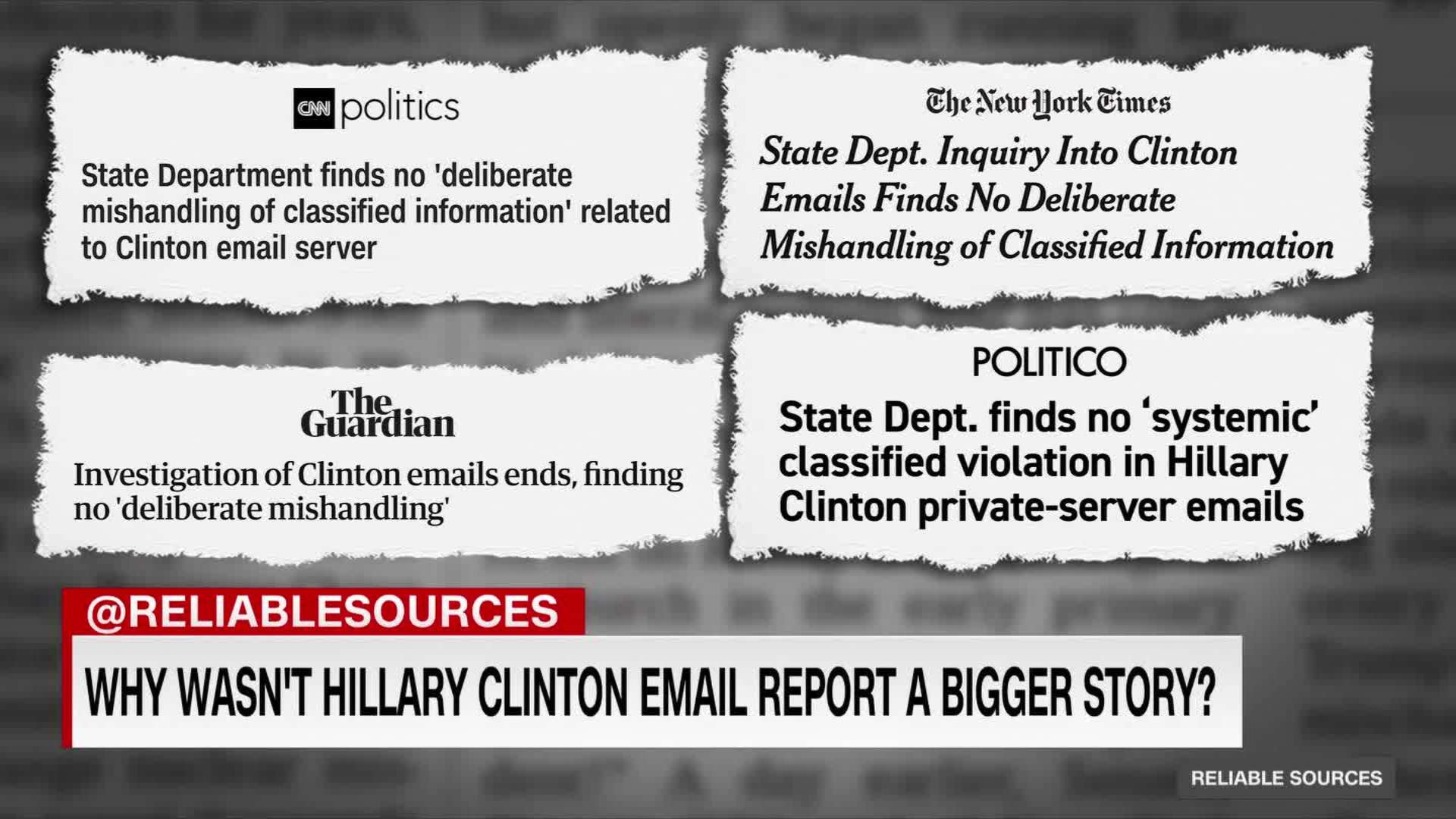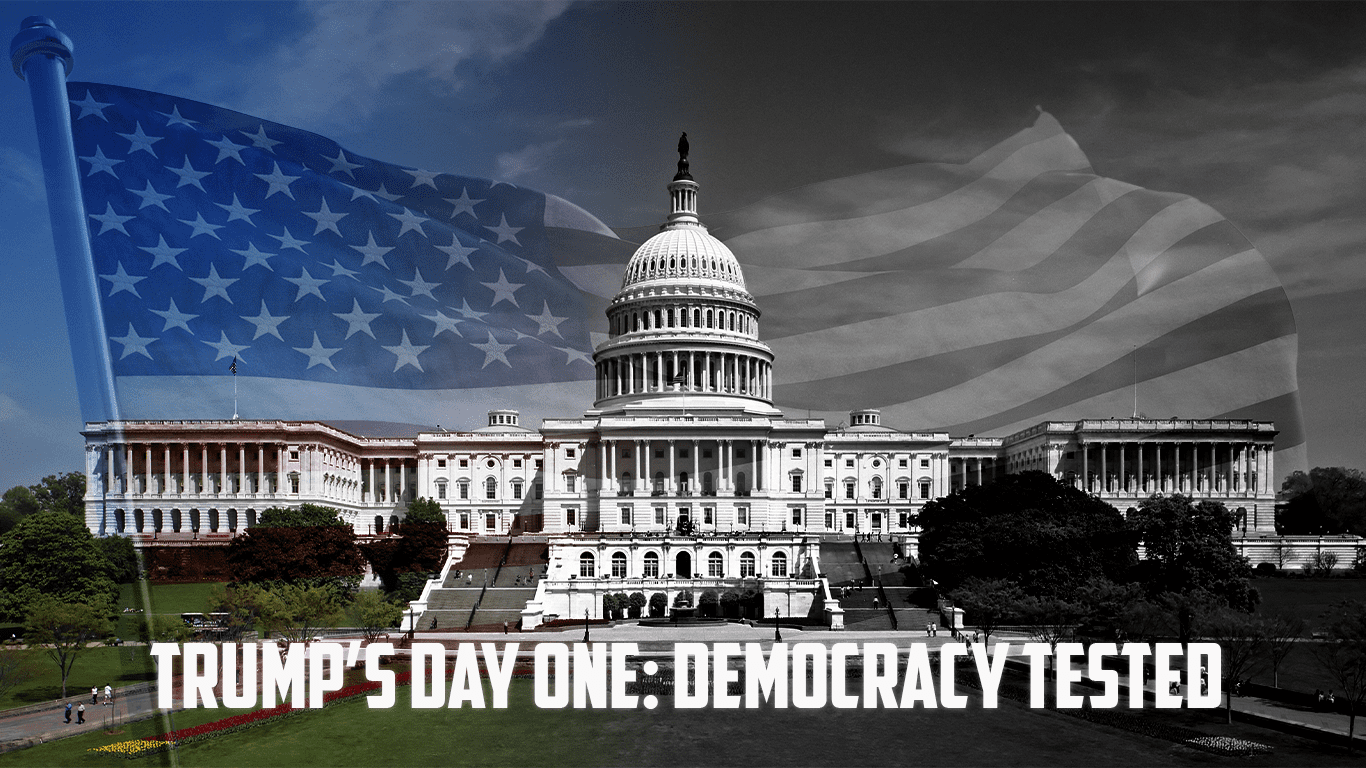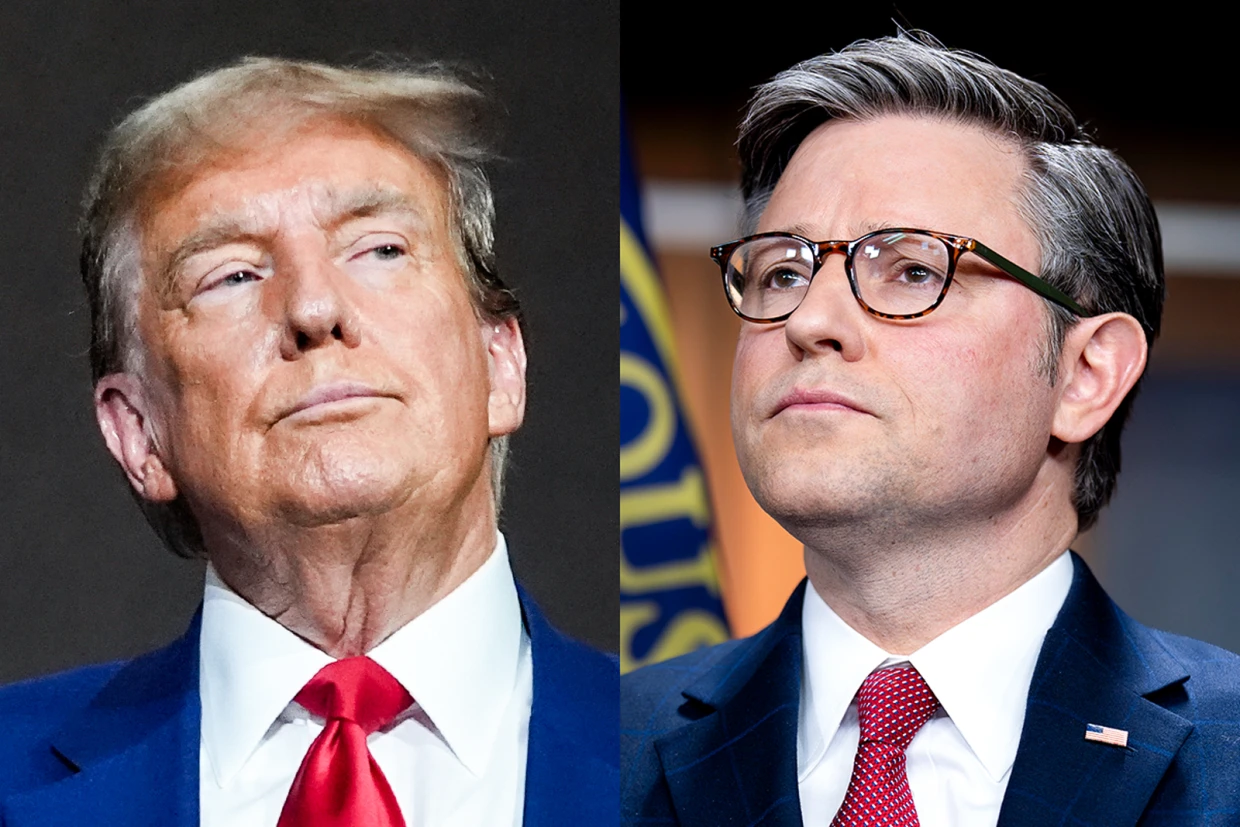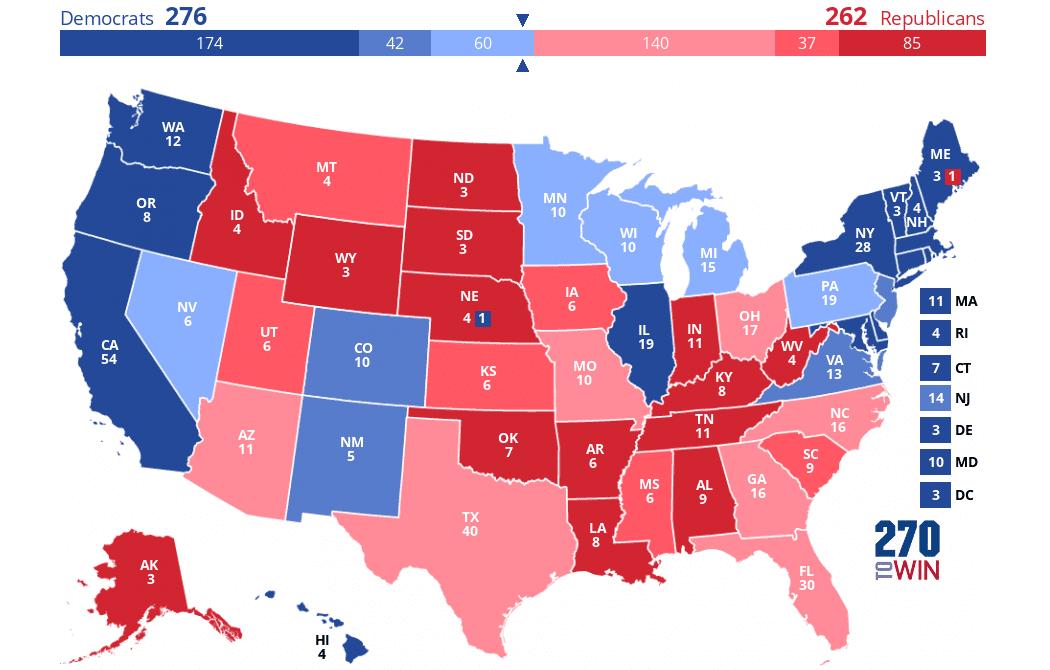The tempestuous world of American politics has been punctuated, time and again, by controversies surrounding the handling of classified information. Who can forget the outcry over Hillary Clinton’s private email server, with Republicans decrying the mishandling of classified information? The echoes of that uproar reverberate still in the present-day controversies encircling former Vice Presidents Joe Biden and Mike Pence, and former President Donald Trump.
The details of each case are unique. Biden’s issue arose from classified documents discovered at a Washington think tank he used after his vice presidency. Pence had a similar predicament: a “small number” of classified materials were found at his Indiana residence, prompting an investigation that has since been closed. Trump’s situation, however, is distinctly more severe. He faces indictment for his alleged deliberate failure to turn over US government property and documents, specifically classified ones, to the National Archives. Clinton’s notorious case was rooted in her use of a private server for official communications during her stint as Secretary of State.
In the political maelstrom, it’s important to dissect the striking contrasts between Clinton’s and Trump’s situations. While both instances signify mishandling classified information, they manifest from different motivations and actions.
Clinton’s usage of a private server for official communications as Secretary of State was a fundamental breach of protocol. Classified information landed on this server due to spillage, which deserved a comprehensive investigation and potential prosecution. The controversy arose from poor judgment and blatant disregard for established procedures.
On the other hand, Trump’s case suggests an intentional effort to retain classified information, even after his term ended. His failure to return classified documents – the property of the US government – to the National Archives seems more an intentional act than an inadvertent error. His defense that he declassified the documents does not absolve him of the responsibility to return government property. At the core of Trump’s controversy is an alleged active attempt to withhold these documents from the rightful custodians.
Partisan politics play a significant role in shaping the narratives surrounding these controversies. Notably, Trump’s frequently criticized association of negative incidents with China complicates perceptions of Biden’s case. His comment about Chinatown either points out his bigotry, or he is playing on the bigotry of his supporters. The response from Republicans towards these incidents, contrasted with their reaction to Clinton’s email servers, invites scrutiny.
The oft-heard cries of “But Clinton’s emails” from MAGA supporters appear to oversimplify the situation. While both controversies involve classified information, they stem from markedly different circumstances and behaviors. Comparing them is like comparing apples and oranges – both are fruit, but they’re certainly not the same. Examining each case in its unique context is crucial rather than muddying the waters with inaccurate comparisons.
Beyond individual cases, there is a systemic issue that begs for attention. The incidents involving Biden and Pence point towards a larger problem: how can the US government ensure that outgoing politicians or government employees do not intentionally retain classified information?
The answer is far from simple. Given the frequency of recent controversies, policies surrounding classified information need a critical reevaluation. With former officials from both political spectrums implicated, this is not an isolated issue but a systemic one.
In conclusion, handling classified information continues to be a contentious issue in the American political landscape. The cases of Biden, Pence, Trump, and Clinton provide valuable lessons, underscoring the urgent need for systemic improvements. As speculation over future developments continues, one thing is clear: a significant overhaul in handling classified information is imperative, irrespective of political affiliations. Because in the end, it’s not just about her emails, his documents, or their location – it’s about national security, the preservation of transparency, and the maintenance of trust in our public institutions.









